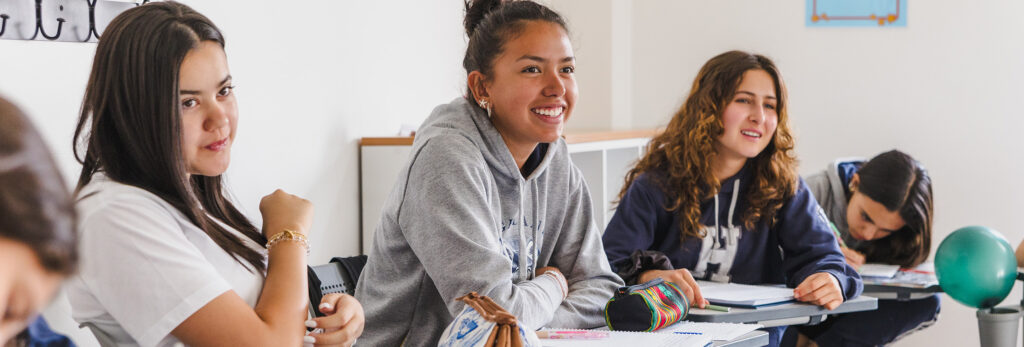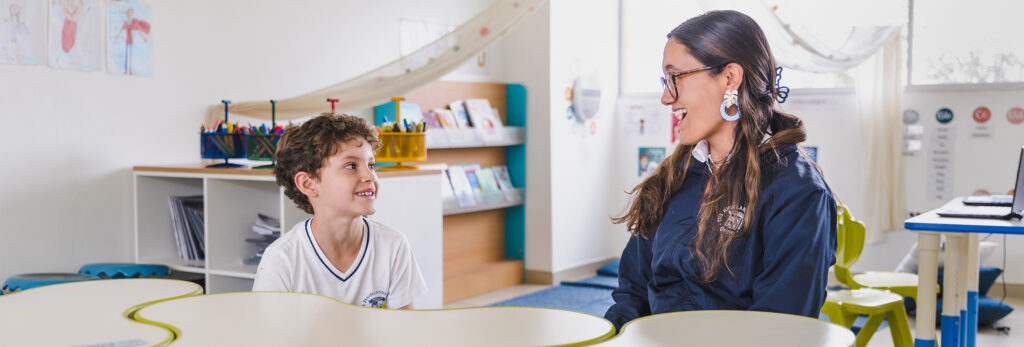"Bullying": A Silent Enemy of Students' Integral Development
By Dominique Valencia, DECE
Bullying, also known as “bullying,” is a serious problem that affects students of all ages. This social phenomenon differs from other types of violence in three specific characteristics: there is an imbalance of power, it is repetitive, and it has a clear intention to cause harm.
It can take many forms, including verbal, physical, emotional, and cyberbullying. Studies on this issue have shown that over the years, these antisocial behaviors have caused serious emotional and physical harm to targeted students, leading, in some cases, to tragic outcomes such as suicide.
In Ecuador, several educational institutions have implemented anti-bullying policies and campaigns to try to reduce the problem. However, the lack of reporting by victims and bystanders, due to reasons such as the fear of speaking about their experience and the social consequences that may result from doing so, hinders efforts to detect and intervene promptly to address this issue.

From a comprehensive perspective of the phenomenon, it is important to note that bullying not only has negative effects on the targeted students or direct victims but also on the bullies and the school culture. Children who bully others are more likely to have emotional, social, and academic problems.
To combat it, it is crucial for schools to implement clear policies and consistently work to create a more positive, inclusive, and tolerant school culture. This involves the implementation of concrete plans and prevention programs that promote and incentivize principles such as diversity, tolerance, and empathy.

It is essential for students to find a safe environment in their educational institutions to report bullying and be provided with an appropriate pathway to do so, without fear of retaliation. Students should be encouraged to treat their classmates with respect and empathy.
If there is suspicion that a student is being bullied due to a change in their behavior, the following should be considered:
Talk to the student: It is important for children to feel safe and know that they can talk about any problems they may have.
Do not minimize their problems: If the student expresses that they are being bullied, listen to what they have to say and encourage them to report it.
Teach resilience: Resilience is the ability to overcome adverse situations. It is essential to teach students to face bullying with courage and not be swayed by fear or sadness. Remind them that they have the right to be happy and to protect themselves.
Teach values: Empathy, generosity, and respect are values that should be cultivated at home and promoted in educational institutions. Students should be taught to put themselves in other people’s shoes, to be kind to others, and not to judge anyone based on their appearance or social status.
Seek professional help: Mental health professionals can advise parents, teachers, and students on what to do and how to address the situation.
Finally, it is essential to keep in mind that eradicating bullying within educational institutions is a responsibility for everyone. We cannot normalize any act of violence, so it is crucial to channel help without remaining silent and at the right time. We must stay vigilant and support students in their process of holistic development. “Bullying”: A Silent Enemy of Students’ Holistic Development
By Dominique Valencia, DECE



